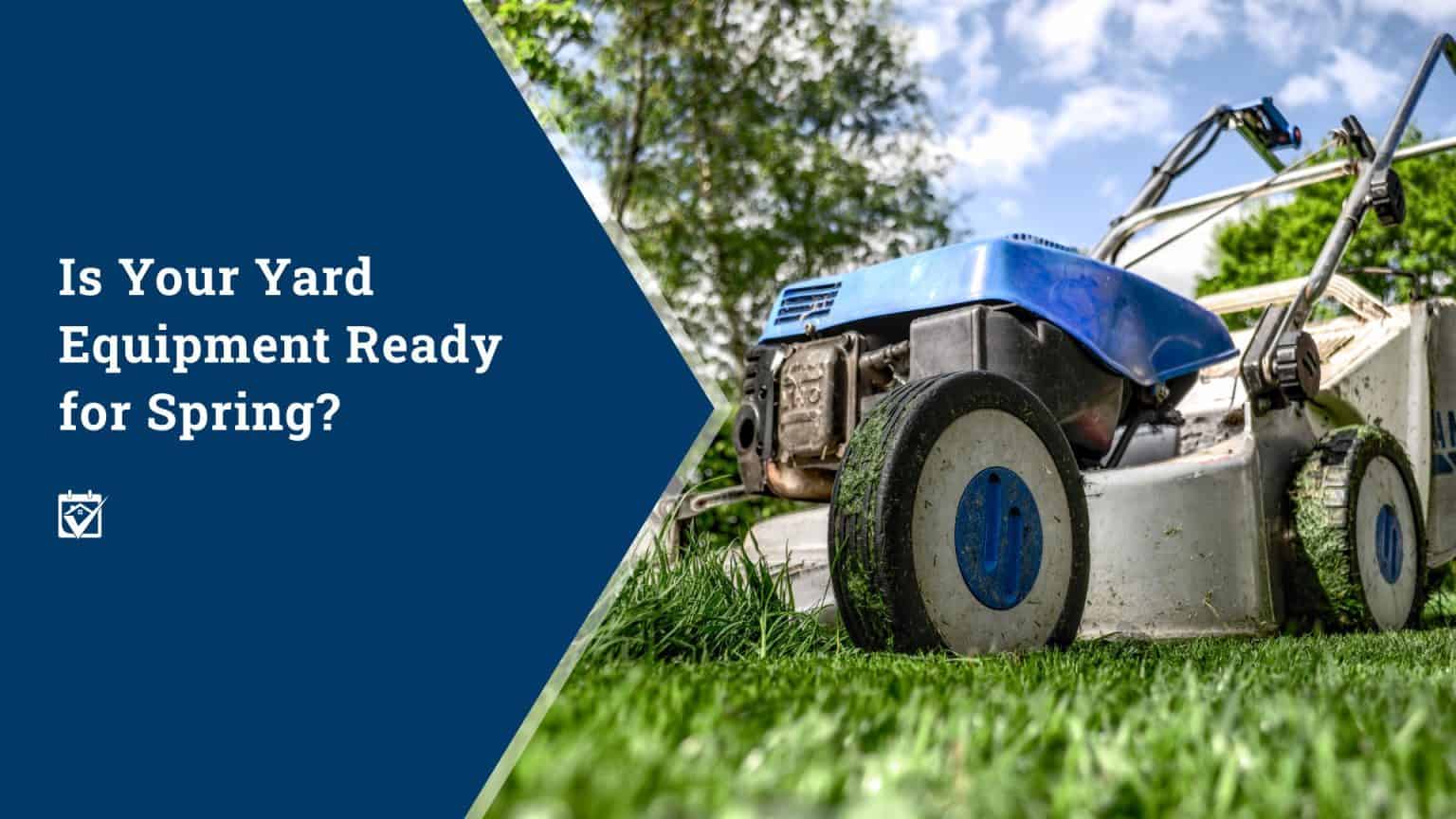As spring finally starts to arrive, there are likely a number of tasks around the house that will be kicking off in the coming weeks. Whether you’re mowing the lawn, prepping the garden, or refreshing those flower beds, it’s time to break out your equipment and get to work. One question, though: Is all your yard equipment actually ready for spring?
If you’re like a lot of people, at the end of the year you just clean up your equipment a bit and put it into storage. If you don’t do anything else with it, though, this can actually shorten your equipment’s life and increase the likelihood of breakdown during the busy spring period. Before you dive into all those spring tasks, here are a few things you should do to keep your mowers, tillers, and everything else running smoothly.
Change Those Fluids
When was the last time you changed the oil in your mower? How old is the gas in your trimmer? As the spring arrives, you should start your equipment out with fresh fluids. Not only will this ensure that your engine is properly lubricated when you start your various spring tasks, but it will also prevent potential problems that can result from old gas breaking down over the long winter months.
Depending on the equipment you use, this can also be a great time to lubricate other moving parts or grease any bearings that might have dried out while things were in storage. Check your owner’s manuals to see if there are any other fluid or lubrication recommendations for your equipment while you’re working on your spring prep. If you can’t find the owner’s manual, check the manufacturer’s website or other online resources for tips.
Sharpen Your Blades
There are many pieces of yard equipment that feature blades or other cutting surfaces. These can get dull as time goes by, and in some cases may even pick up a little bit of rust over the winter depending on where you live. This can cause some serious problems heading into a new year, resulting in uneven cuts and potentially even contributing to blade damage or other failures. Before you fire things up for the first time this spring, spend a little time sharpening those edges to make sure that everything’s working like it should.
Of course, not all blades can be revived by simple sharpening. While you’re checking them out, look for cracks or other signs of damage in the blades that can’t simply be buffed out or sharpened away. If a blade is cracked or damaged, replace it completely instead of trying to sharpen it. Cracked or damaged blades can break while under the stress of use, potentially causing damage or injuries in the process. The cost of a new blade is a small price to pay for staying safe while working around the house.
Other Equipment Maintenance
Depending on the equipment you have, there may be other maintenance tasks you need to perform as well. Changing oil filters, fuel filters, and spark plugs are great beginning-of-spring maintenance activities that go a long way toward getting your year off on the right foot. If you use electric equipment, test-charge any batteries to make sure that they can still hold a good charge after being in storage for the winter. Pneumatic and water hoses should be checked for leaks before use, and any nozzles or sprayers should be cleaned to remove dust and other gunk.

